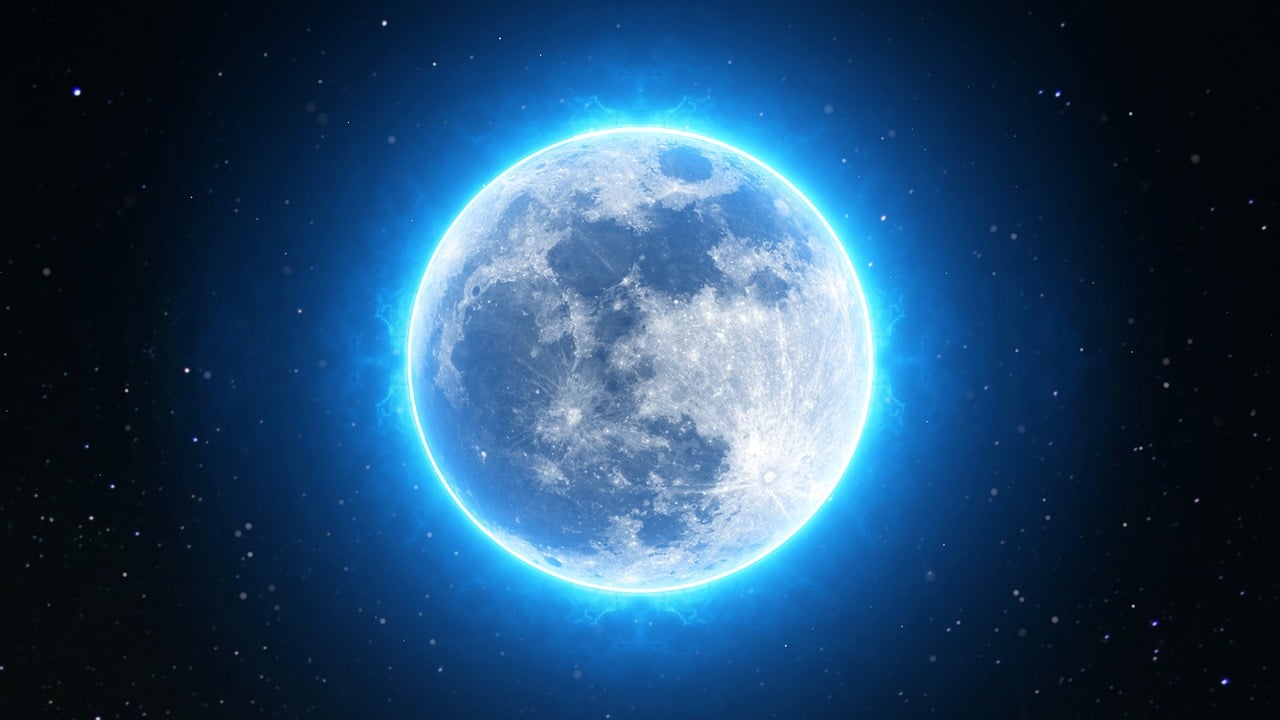Scientists have analyzed the data from lunar missions which offers evidence of widespread water on the Moon. The water distributed on Earth’s natural satellite is, however, not confined to any certain terrain. This evidence can mean a lot for future lunar missions and expeditions.
One of the study authors, Joshua Bandfield, from the Space Science Institute in Boulder, Colorado revealed that the water is always present on the moon’s surface, despite what time of the day it is. Furthermore, according to Bandfield, the water seems to be sticking around, as per the statement.

“We incorporate a physics-based thermal correction into analysis of reflectance spectra from the Moon Mineralogy Mapper and find that prominent absorption features consistent with OH/H2O can be present at all latitudes, local times and surface types examined,” Bandfield and his team wrote in their study, which was published in Nature Geoscience. “This suggests the widespread presence of OH/H2O on the lunar surface without significant diurnal migration.”
What does this mean for future missions on the moon? Basically, future moon expeditions which are planned for the next decades will be much more convenient than before. Lunar explorers who will embark on a journey to the Moon will be able to use that water for drinking or even convert it into oxygen which they could use for breathing, or hydrogen for fueling rockets. That is, of course, if the moon has enough of water.
The data from the lunar missions, however, suggests that the water on the Moon is not the same as the water as we know it, and it may be more difficult to get a hold of. The water doesn’t appear to be the same H20 that is present on Earth. While water on Earth consists of two atoms of hydrogen and one atom of oxygen, the lunar water is its more reactive version known as hydroxyl, or HO.
The water on the moon is faster at making bonds, as it’s more reactive as opposed to water on Earth. More importantly, it can attach itself to other molecules.
Astronauts on their lunar mission would have to extract the lunar water from minerals on the moon before it could be used. According to the researchers, the lunar water doesn’t seem to flow between regions.
“Water on the Moon is of intense interest for many reasons,” study researcher Michael Poston, from the Southwest Research Institute in San Antonio, Texas said in a statement.
“When you split water molecules, you end up with oxygen and hydrogen, critical components for breathable air and rocket fuel. Hydroxyl (OH) is a more reactive relative to water and not as attractive as water in terms of supporting a lunar station.”
For lunar missions, the presence of water on the Moon is of vast importance, as it can be a key resource for the moon habitat.
Lunar missions are definitely going to be a thing again in the coming years and decades and space agencies from around the world are preparing and conducting experiments to prove everything is ready. Chinese students participated in an experiment which included a 200-day simulation of living on the lunar surface.
Furthermore, the Trump administration is looking forward to seeing the U.S. space agency sending its astronauts to the lunar surface again. There are even plans for establishing a moon base which would be a great testing ground for upcoming technology which would enable humans to go to Mars.





